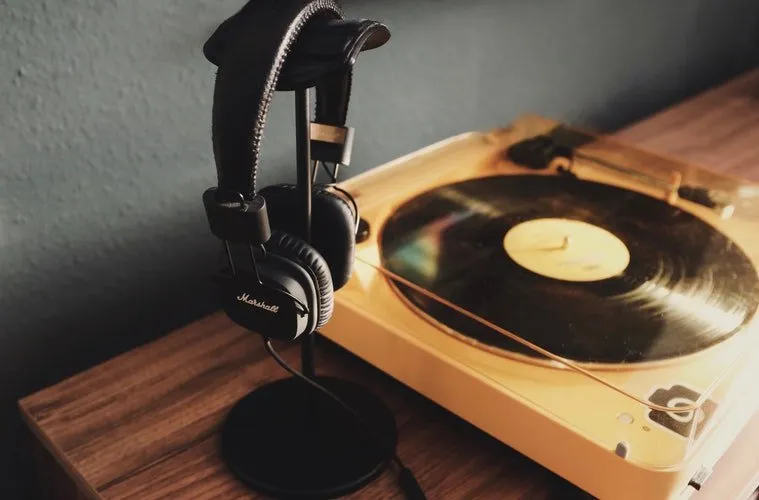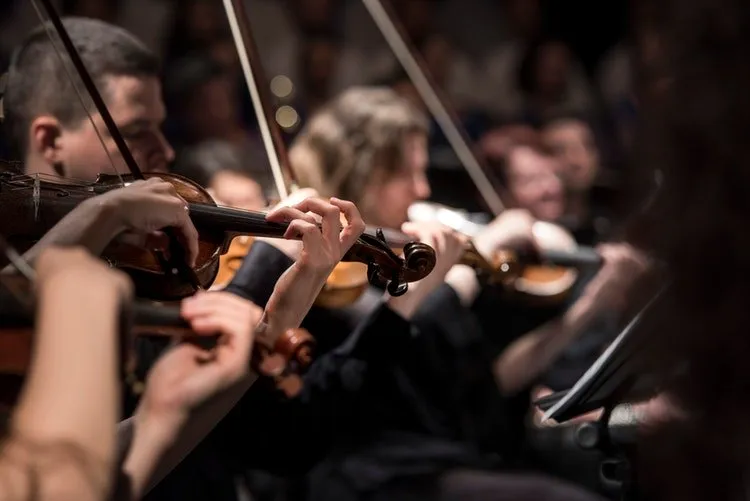This post is intended to be useful to musicians of all levels of proficiency. Please comment below if you find it useful and give me some feedback

What Are Listening Skills
Music listening skills are the ability to appreciate every aspect of a piece of music, its composition, arrangement, the interaction between the various instruments performing the musical piece, and the emotions evoked by the tune.
Listening for learning is a special skill that will take some time to master, but when you can do it, a whole new world will open up for you and you will begin to notice aspects of music that previously have passed you by.
Musical sounds that reach the human ear can be broken down into pitch, intensity, timing and timbre.
- Pitch refers to where a note sits in the scale of the key being played. (high or low)
- Intensity refers to the loudness or softness of a note or instrument.
- Timing refers to the length of a musical sound, where it begins and ends.
- Timbre refers to the quality of a musical sound as distinct from its pitch and intensit, but can include harmonic complexity.
Different instruments can play the same pitch note with different timbre.
Importance of Listening Skills
Part of music practice includes developing listening skills. This is a vital skill that will have an incredible impact on your playing skills and style. Depending on what type of music you play, choose some recording artists that are at the top of their game in your given genre, and put the listening techniques mentioned below into practice.

Rhythm Listening
Listen to the recording with the rhythmic style and emphasis in mind. Isolate how the player has used their instrument to create the rhythm. This might be accomplished through using emphasis, a type of strum, a series of bass notes, or the phrasing of the melody notes. If you are trying to master a piece of music, the rhythmic characteristics are a good place to start and will provide you with a good foundation to build on.
Melodic Accuracy Listening
Whether you are learning the tune by ear or learning it from the sheet music, its is important to get the melody notes right. Often when you first listen to a tune, you get a rough grasp of the notes, but when you listen a second and third time you will notice that there are actually more notes involved that you originally realized. Learning straight from the sheet music without hearing the tune played by others, is often more difficult. Listen several times to the tune, concentrating on the individual notes of the melody, until you have a solid picture of the tune in your head. Then when you start to play it yourself you will grasp it faster and more accurately.
Singing the tune through is a great way to get the notes firmly implanted in your memory.
Listening for Harmony
Listen to the ends of phrases or bars of your song and notice if the various instruments are playing the same notes together or whether they are playing different notes and harmonizing. Different notes that harmonize give a more interesting sound, diversifying the combined sounds reaching the human ear. Accompanying a singer often requires the musician to harmonize.
Composition Listening
If there is more that one instrument for a particular tune you are learning, listen to it again taking note of how the different instruments interact with each other. This is very helpful if you are in a band, as you will be able to tell the other band members when to come in, how strong to play and when to play softer. Each instrument has a role to play and their interaction is an important part of composition. It is only when you listen to the piece with the composition in mind, that you really hear the relationships between the different instruments and how they compliment each other.
Playing With Others
The practice and implementation of listening skills goes a long way to prepare you for playing with other people, both performing to an audience and social jamming.Informal jamming can also be a great way to put your listening skills into practice.
Don't Miss My Next Music Practice Tips Installment. FOLLOW ME
If there is any particular music practice topic that you would like me to cover please put it in the comments.
In case you missed my other posts in this series here are the links:
How To Learn To Play Music Pracrice Practice Practice
Mandolus Music Practice Tips Post no. 2



